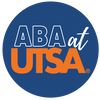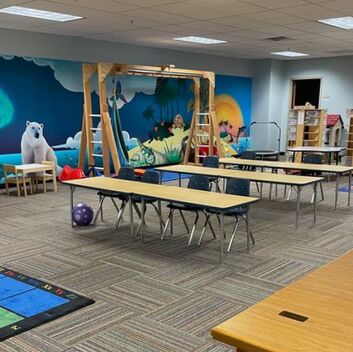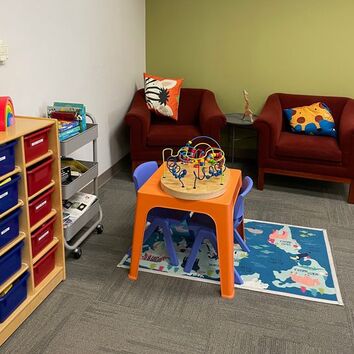The Severe Behavior Lab houses a series of research projects that design and evaluate assessments and interventions for individuals with mild to severe challenging behavior. These services are best for individuals that engage in challenging behavior that impacts their ability to access educational, social, or community resources.
-
Project FIESTA
-
Intensity Measurement
<
>
Impact of Language
|
Collaborators:
|
There has been an increased focus on linguistic diversity in the field of applied behavior analysis . However, limited research has been conducted evaluating the effect language has on the outcome of a functional analysis. Recent publications suggest that language can alter the evocative effect of antecedents and the reinforcing effect of consequences during a functional analysis.
In the current study, the experimenters evaluated the role of language on functional analysis outcomes for children with an autism spectrum disorder (ASD). In particular, this study sought to evaluate if the language of assessment effects the identified function, and if language of assessment effects the patterns of behavior observed. |
Publications:
Neely, L., Graber, J., Kunnavatana, S., & Cantrell, K. (2020). Impact of language on behavior treatment outcomes. Journal of Applied Behavior Analysis, 53(2), 796-810
Neely, L., Carnett, A., Kunnavatana, S. S., Wimberley, J., & Cantrell, K. (2020). Impact of language on behavior assessment outcomes. Journal of Behavioral Education, 1-20.
Neely, L., Graber, J., Kunnavatana, S., & Cantrell, K. (2020). Impact of language on behavior treatment outcomes. Journal of Applied Behavior Analysis, 53(2), 796-810
Neely, L., Carnett, A., Kunnavatana, S. S., Wimberley, J., & Cantrell, K. (2020). Impact of language on behavior assessment outcomes. Journal of Behavioral Education, 1-20.
Measurement of Behavior Intensity
|
Collaborators:
|
ABA is particularly effective in treating challenging behaviors. However, there are very few measures within ABA to automatically measure behavior, to measure intensity of behavior, and the measures that do exist are limited in their objectivity and generalizability. In the current proposed study, we plan to use wearable sensors (i.e., inertial measurement units (IMU)) and non-wearable sensors (e.g., robot dog, cameras) to more objectively measure the frequency and intensity of challenging behaviors. Incorporating the use of these sensors into the existing evaluation procedure may allow us to measure intensity of behavior in addition to the occurrence or non-occurrence of behavior. Therefore, the purpose of this study is to examine the feasibility and value of incorporating wearable and non-wearable sensors to the existing ABA evaluation procedure.
This project is in partnership with the iBehavior Technology Lab.
|
About
|
Research |
Students |
Caregivers |
ABA at UTSA |
Please note that this work was supported in whole or part by a grant from the Texas Higher Education Coordinating Board (THECB). The opinions and conclusions expressed in this document are those of the author(s) and do not necessarily represent the opinions or policy of the THECB.





